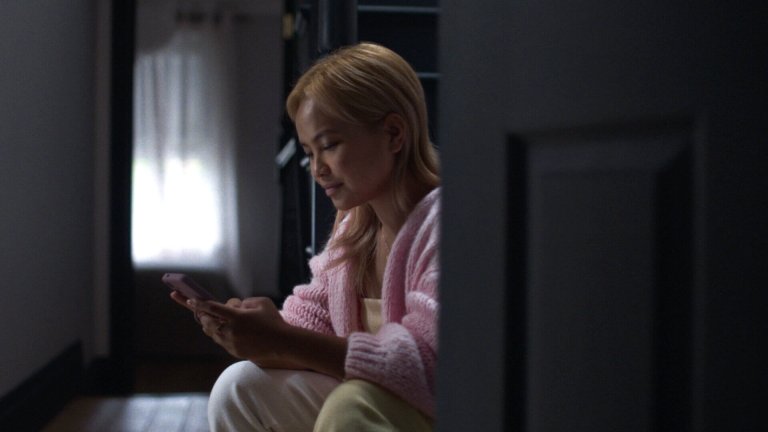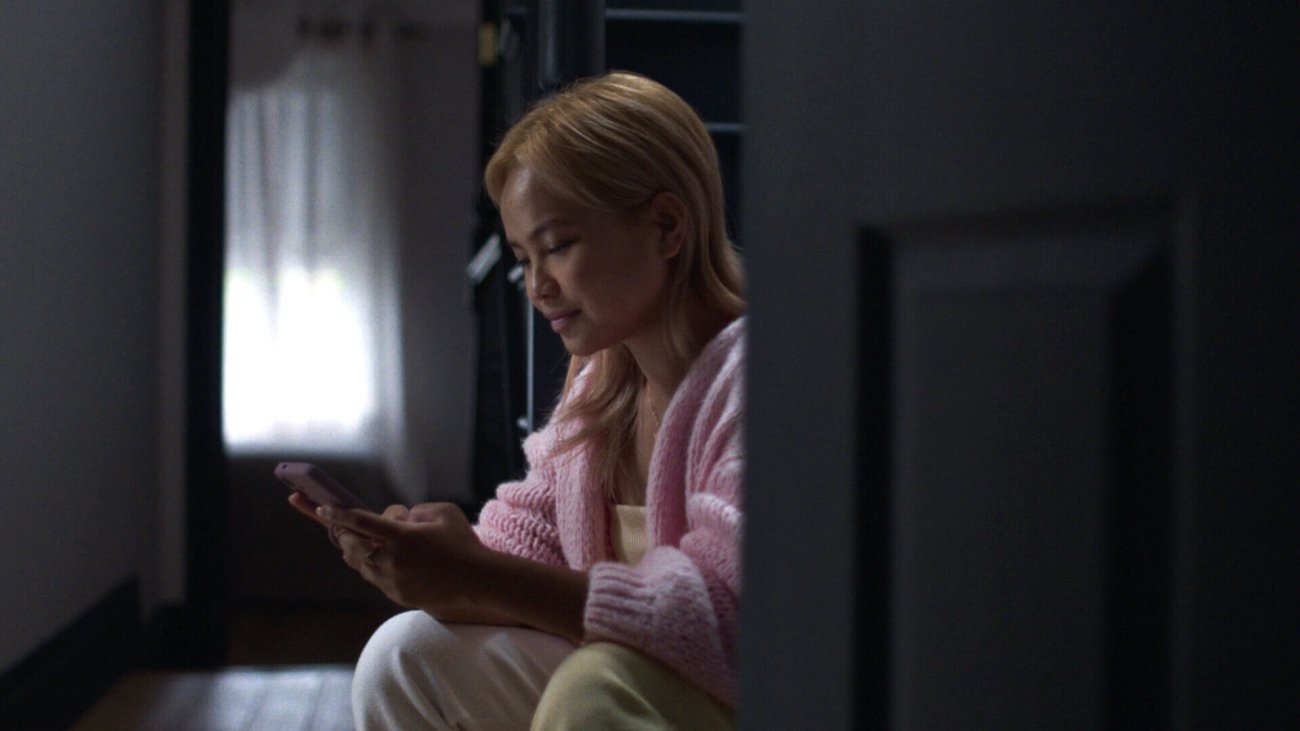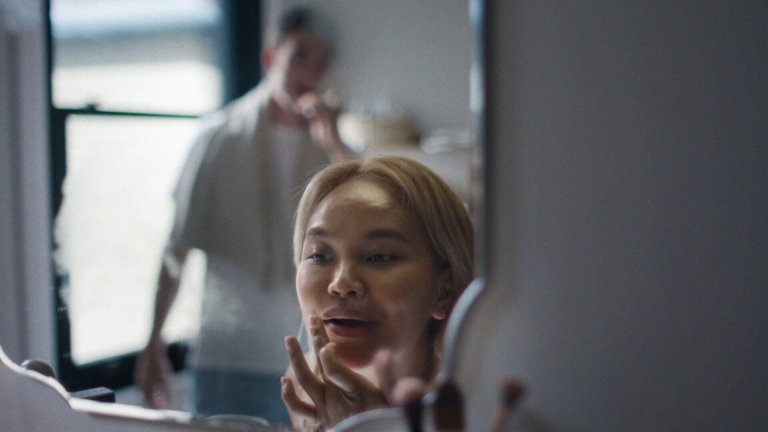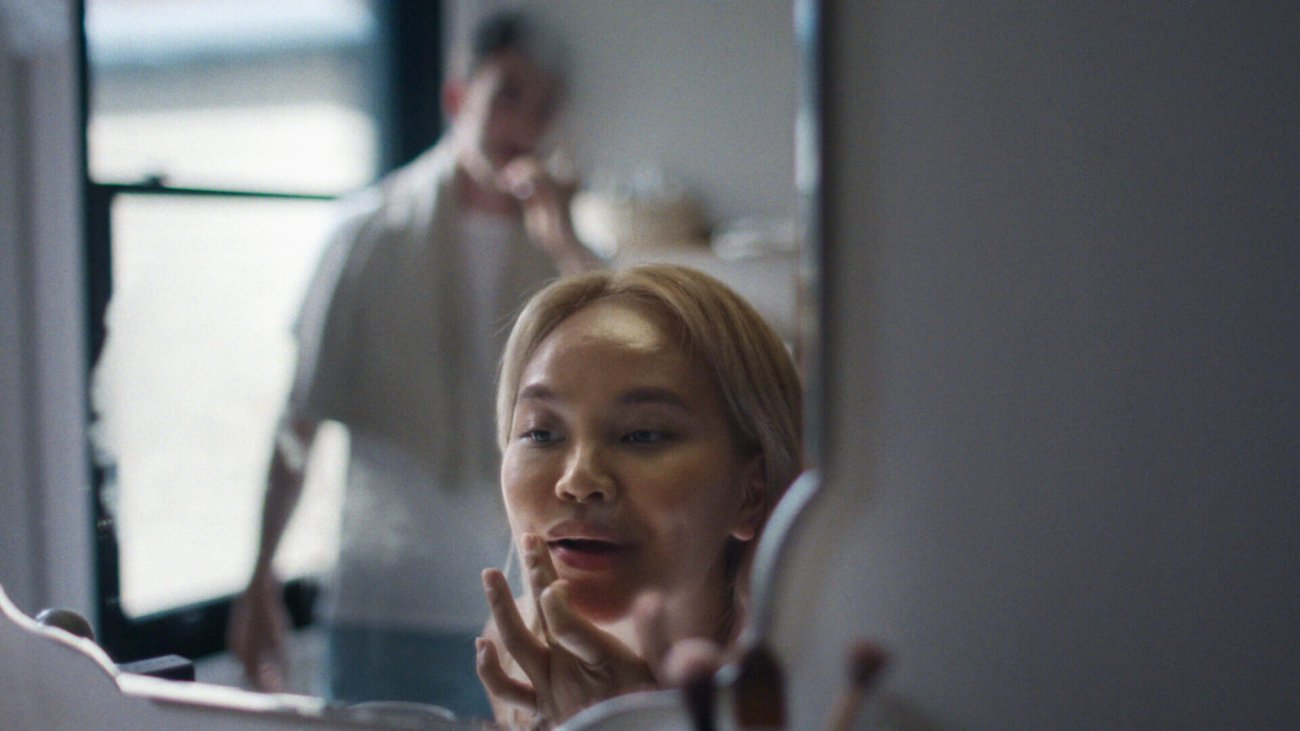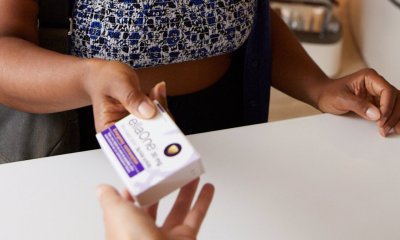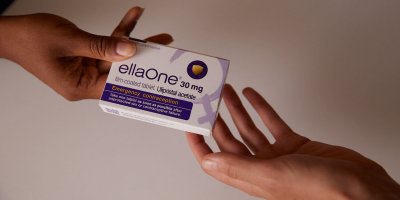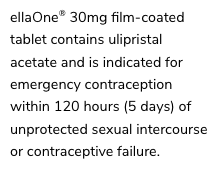Contraception and Positive sexual rights
Dr. Caroline West is a consent educator, the host of the Glow West podcast, the sex and relationship expert for Bumble Ireland and a relationship advice columnist for the Irish Independent. She holds a PhD and MA in Sexuality Studies from Dublin City University. In her latest role, she’s teamed up with ellaOne as part of our #ShareTheFacts campaign to share her wisdom on sex, contraception and consent culture in Ireland.
Caroline is passionate about creating spaces for calm, informed conversations about sex, and works to reduce shame and stigma around sex in Ireland. In the second of her monthly blog posts, she discusses the importance of positive sexual rights and how access to contraception contributes to it:
Contraception is a fundamental part of sexual wellness and positive sexual rights. As we understand our sexuality, we expand upon our understanding of how we act on our desires, manage our sexual health, and navigate our reproductive rights. Sex is more than just physical activity- there are emotional, biological, financial, political, cultural, legal, and more aspects to how we experience sex and sexuality. These nuanced factors are often left out of sex education but can be considered as part of our positive sexual rights.
Positive sexual rights can be defined as everyone have the autonomy to make decisions about any matters related to their sexuality. We should be empowered to make the right decisions for our sexual lives, and be free from violence, coercion, or intimidation. Positive sexual rights include having access to inclusive sex education that covers all aspects of sexual and reproductive health care information and support services. No one should be discriminated against based on their sexuality identity, and everyone should be free to explore what their sexuality means to them, on their terms and with who they want to interact with. If we embrace the concept of positive sexual rights, individuals can make informed choices about the right contraception for them, including access to the morning after pill.
There are several ways that positive sexual rights can be achieved through education. This education should consist of equipping people with an understanding of consent and safety, identifying healthy and unhealthy relationships, open communication, and understand that they have the freedom to exert their choices and agency to have sex on their terms. Some people who do not understand the need for positive sexual rights might assume that teaching young people about sex and sexuality on this level will result in promiscuous behaviour, however international research suggest that this is not the case in reality. A review of international sex education curriculums by UNESCO published in 2018 showed that internationally, comprehensive sex education results in delayed initiation of sexual intercourse, decreased frequency of sexual intercourse, decreased number of sexual partners, reduced risk taking, increased use of condoms, and increased use of contraception. Locations that teach abstinence only or refuse to provide sex education often have high rates of unwanted pregnancy, specifically teenage unwanted pregnancies.
The United Nations Human Rights Commission (UNHRC) states that if people adopt a stance of positive sexual rights, then through the prevention of unintended pregnancies, maternal mortality and long-term morbidity is reduced, and women have great access to education and the job market, which in turn can transform a countries’ economy. They also believe that access to contraception is a key dimension of the right to the highest attainable standard of physical and mental health. The Convention on the Elimination of All Forms of Discrimination against Women, guarantees women’s rights in deciding “freely and responsibly on the number and spacing of their children and to have access to the information, education and means to enable them to exercise these rights.” (2020). However, access to contraception is not equal and many women in the Global South do not have access to modern and reliable contraception. The UNHRC advocates for contraception to be available, accessible, respectful, scientifically and medically appropriate, modern, and of good quality.
The World Health Organisation (WHO) agrees, suggesting that over 200 million women do not have this access, and poorer women, refugees, and rural people are most disadvantaged. Providing this access should come at a local, regional, national, legal, and individual levels by educated providers who understand the power of positive sexual rights in changing not only a person but a society. Recognising that people who are displaced or seeking refuge are extremely vulnerable, the WHO specifically recommends that emergency contraception should be freely available without discrimination. No one should be forced to have a child if they don’t want to, when they aren’t ready, or if it endangers their life, and access to contraception allows people to make these decisions for themselves with support from informed agencies.
Sexual wellness is as important as mental or physical wellness. While we are dismantling stigma around mental wellness, there is still work to be done on dismantling sexual stigma. With holistic and inclusive sex education scheduled to be introduced into Irish schools from 2023 onward, and the widespread availability of consent classes, this stigma will hopefully become a thing of the past. Shame and stigma stem from silence and lack of knowledge around sex, and as we empower people with knowledge, they can understand the spectrum of sex and sexuality more on a personal and societal level.
Being free to make informed choices about emergency, short-acting, long-acting, and permanent methods of contraception allows people agency over their present and future, and to be free to engage in sexual activity in the way that they would like to. This aspect of positive sexual rights therefore holds the power to truly transform society while simultaneously transforming the lives of individuals. Positive sexual rights can positively impact our mental and physical health, prolonging lives and working towards true gender equality and freedom from sexual discrimination.
Ireland can embrace this concept and truly make a radical shift towards gender equality on personal and societal levels. By including emergency, short-acting, long-acting, and permanent methods of contraception in our sex education, young people can be empowered to make choices that are right for them and evaluate them as their circumstances change positively or negatively over the course of their reproductive life. Therefore, positive sexual rights offer the opportunity for true wellness- sexual, mental, and physical.
